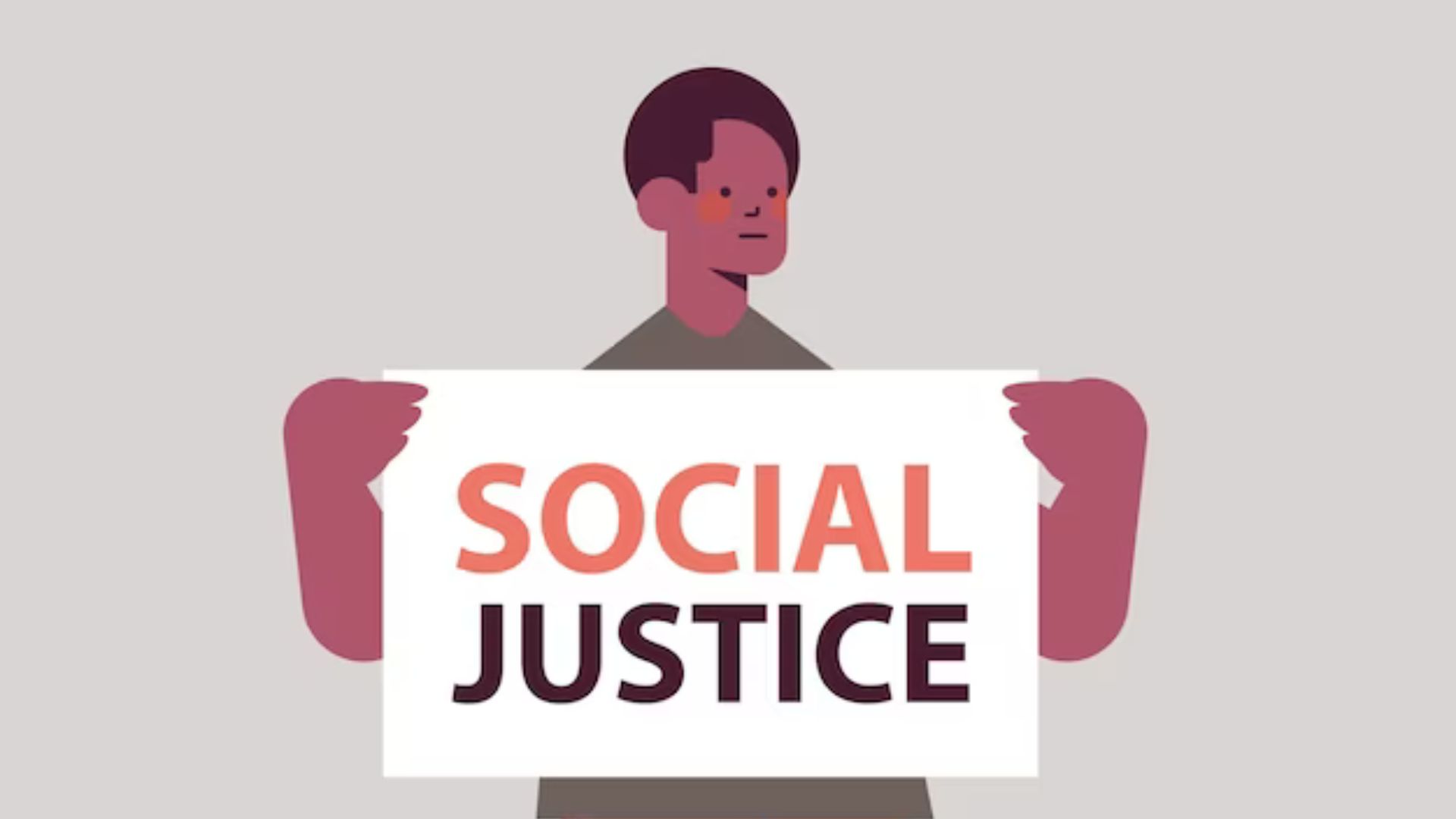|
Getting your Trinity Audio player ready...
|
Fake activism undermines genuine causes; discerning truth empowers us to support authentic movements and create meaningful change. The internet has brought a lot of good things, but it’s also responsible for making fake news and phony activism disturbingly easy. And while it may be understandable that someone wants to have their voice out there, false claims should not be an excuse for true activism. The current climate of fake activism is making it increasingly difficult to understand what causes receive support from legitimate figures. It makes it hard to identify which ones are simply smokescreens hiding some other agenda. You must always be aware of the fight you are in and it’s a desirable outcome. To help make this process easier, here is how to spot fake activism so you can focus on supporting real causes.

A Very Thin Line To Cross
The line between activism and fake activism is very thin. It’s important to be aware of the subtle differences so you can make sure you’re staying on the right side of that line. We often intertwine fake activism with a general lack of facts, personal attacks, and/or an increase in aggression. If you see any of these traits, it may be a sign that the person or group claiming to support a cause is not being honest about their intentions.
Check Your Sources
Before taking part in any kind of activist movement, it’s essential to do your research and check your sources carefully. Look for reputable news outlets and organizations that have reports on the issue at hand. Then read up on what experts are saying about the cause. Also, make sure to look for any kind of funding sources that may be tied to the movement. If it looks like someone is profiting from the activism, it’s likely a sign of fake activism.
Question Everything
It’s important to question everything before joining any kind of activist act. Ask yourself why you are supporting this cause and what your goals are in doing so. If something doesn’t seem right or doesn’t add up, take a step back, and don’t be afraid to ask questions. Don’t let anyone pressure you into joining a movement without understanding what you are getting yourself into.
Be Critical
It’s also important to be critical of any activism you see online. Ask yourself if the claims being made are actually backed up by facts, or if they’re based on opinion and emotion. If it’s the latter, it could be a sign of fake activism. Also, watch out for any kind of sensationalism — if something looks too good to be true, it probably is.
Support Real Causes
At the end of the day, your goal should be to support real causes that will make a positive difference in the world. So before getting involved in any kind of activism, make sure you understand what cause you’re fighting for and who’s behind it. Doing your research and being critical are essential steps in ensuring that your support goes to worthy causes and not to fake activism.
Putting Yourself in the Crossroads
Finally, remember to always be respectful when engaging in activism. It’s important to recognize that there are many people with different opinions on the same cause, and it’s important to respect those differences. You can disagree without being disagreeable — so make sure to stay civil and listen to opposing views.
Real Causes Desperately Need Your Help
Fake activism is a problem that needs to be addressed, but it’s important to remember that real causes desperately need your help. So make sure you do your research and stay on the right side of the line between activism and fake activism. With your help, we can make a difference in the world and support causes that have a real impact.
Your Position on the Topic
Because of the many social and political issues in the world today, people need to be aware of the differences. Activism is a powerful tool that can help bring about positive change, but it is important to make sure that we are supporting real causes and not just engaging in empty gestures or performative activism. It is essential to do our research, ask questions, and be critical of what we see online before any activist acts. We should also strive to be respectful and listen to opposing views while advocating for the causes we believe in. By doing this, we can ensure that our efforts will help create real change.
Conclusion
No matter what kind of activism you choose to support, it’s essential that you do your research and use facts and evidence as the basis for your arguments. Fake activism is not only unhelpful, but it also undermines real causes and distracts from meaningful action. So before involving yourself in any kind of activist movement, make sure you know what cause you’re fighting for — and who’s actually behind it.




